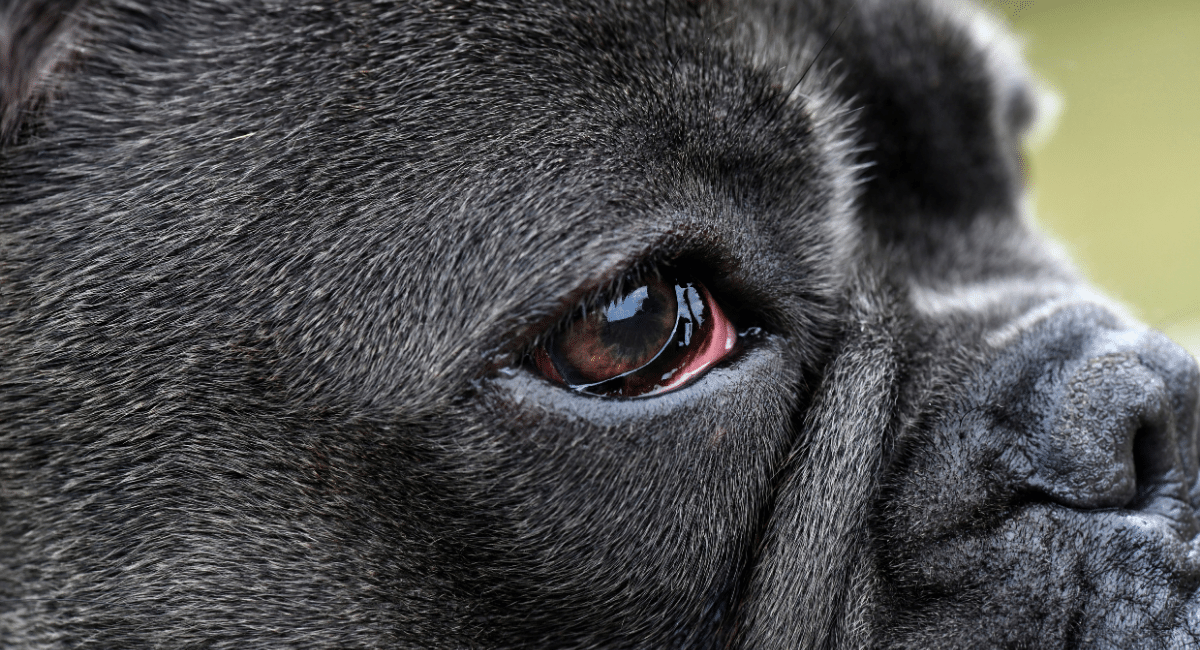The beginning of flu season can present various dangers not only for you, but for your pets too. Just like humans, dogs and cats can also get the flu. The flu in pets is due to an upper respiratory infection and can affect cats or dogs of any age, but is especially common in young or older pets, or those with pre-existing conditions. Just as with people, dogs and cats can easily catch the flu from other pets through coughing, sneezing, or barking.
Dog and Cat Cold and Flu Symptoms
Influenza in pets has similar symptoms to the flu in humans.
The major
signs that your cat or dog has the flu include inflammation around the
eyes and nose, discharge from the nose, a raised temperature, weakness
and lethargy, loss of appetite, sneezing, and coughing. These symptoms are not usually serious, but some cases of influenza
may lead to pneumonia or other illnesses, so it is always best to be
careful and be aware.
If your pet shows any of these symptoms, get
treatment for your fur baby immediately so that they’re not left with
lasting damage to their health. In addition, it is important to note
that about 25% of pets are asymptomatic, meaning that they might not
show symptoms but are still carriers. If you have two or more pets but
only one shows symptoms, still keep the others away from pets outside
their family.
TREATMENTS FOR THE FLU
Unfortunately, there is no cure for the flu, but its symptoms can be managed. Here are some ways to help your pet:
- Feed your pet a good diet with plenty of nutrients to help them beat the flu. If your sick pet is picky or won’t eat, talk to your vet about specific treats you can use, like sardines for cats or shredded chicken for dogs, to get them to eat more even if they are ill.
- Make sure they get plenty of rest so that they can regain their strength quickly.
- Encourage your dog or cat to eat and drink so they do not grow weak and dehydrated. If your pet is not adverse to water, gentle baths may be relaxing for them.
You can also try some age old home remedies and natural
treatments to help your pet’s sniffles or lethargy.
Chicken soup
helps pets beat the flu the same way as it does humans, so
getting your pet to drink some may increase their energy and
reduce recovery time. In addition, you can use holistic
remedies such Breathe Easy Respiratory Support for Dogs and Cats, a great natural plant based remedy that eases congestion and
soothes that stubborn cold and cough, to help your pet feel
better sooner.
Lastly, try running a hot shower and letting your
pet into the bathroom for ten minutes or so to breathe in the
steam, which will unclog their nose and help them breathe.
AVOIDING AND PREVENTING THE FLU
Strengthening your pet’s immune system with vitamins, antioxidants and immunity boosters can go a long way to keep your pet healthier and if not avoid, then lessen the severity of colds and flu that occur frequently at this time of the year. You can help boost your pet’s immune system by supplementing their diet with natural immune boosters such as fish oil, turmeric and certain medicinal mushrooms - but make sure you check the quality of the ingredients as not all of the supplements on the market are created equal.
It may be difficult to prevent your pet from getting some kind of sniffles or infection, there are a few things you can do to give them the best chance of getting through the flu season healthy:
- For young puppies and kittens that haven’t built up their own immunity yet, your vet will most likely recommend a flu vaccine. Talk to your vet for more information on a flu vaccine as well as other options and get personalized recommendations on how to protect your pet.
- If you have multiple pets and one of them gets sick, consider isolating your sick pet from your other pets to prevent any other animals from getting sick. If you don’t end up isolating your pet, still make sure you clean all food and water bowls often and disinfect your hands and clothing after handling the sick pet.
- Pets that are particularly susceptible to respiratory infections or generally have a compromised immune system can also get the extra support they need to fight off infections with natural remedies such as Immunity Boost for Dogs and Cats.
No one wants to see their fur baby sick. Given that prevention is always easier than trying to treat an illness after the fact, give your pet’s immune system the best chance possible of winning the battle with any infection.



